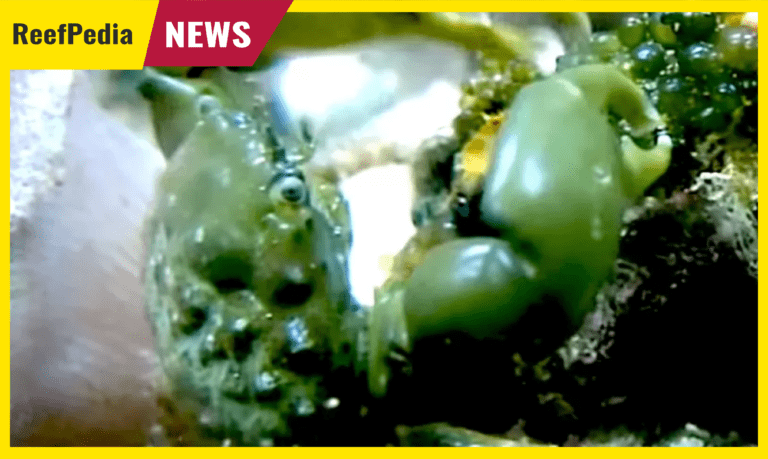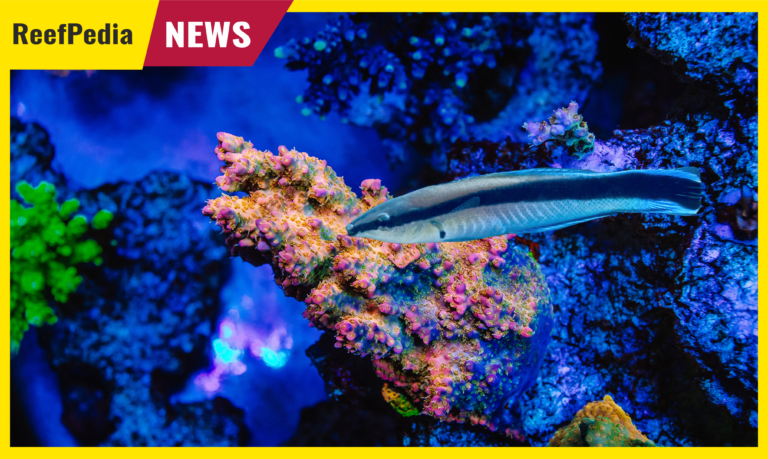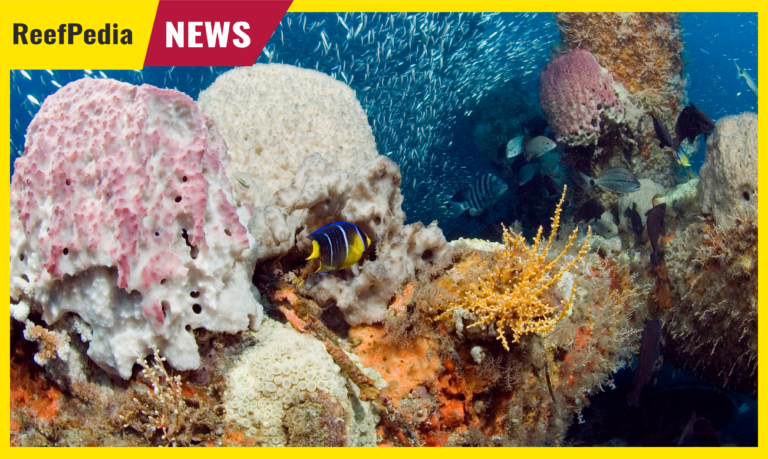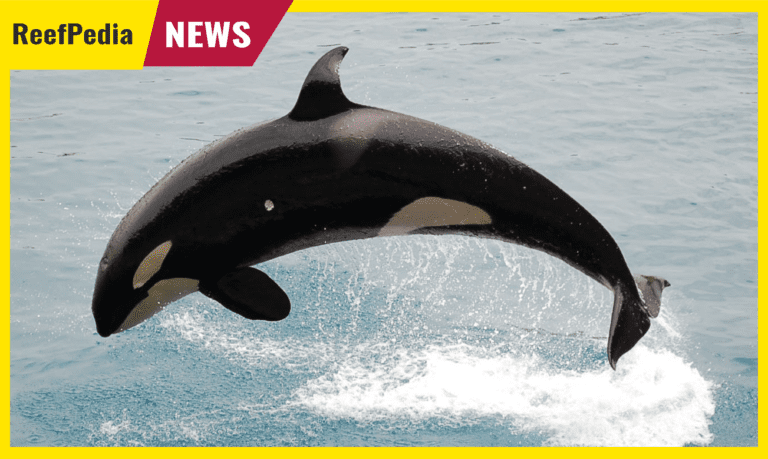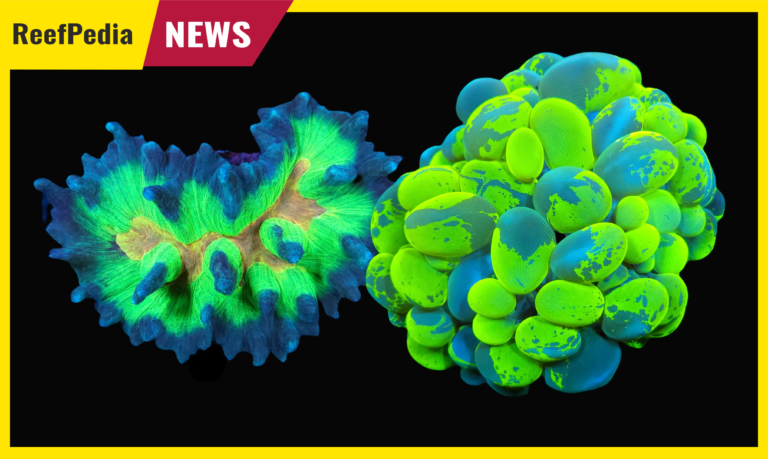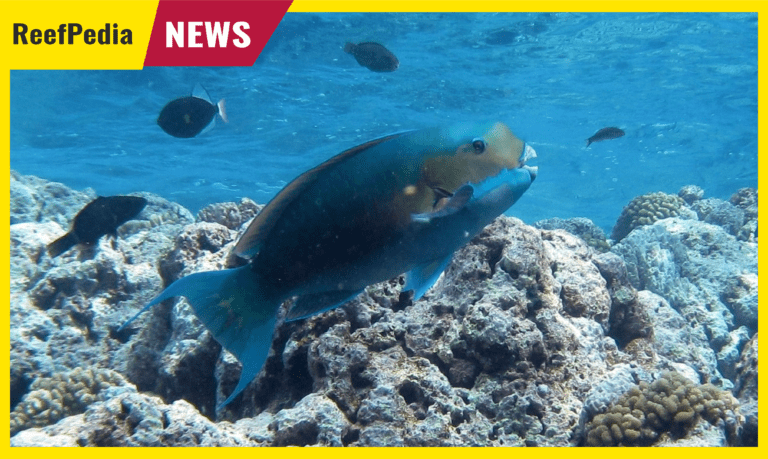
Parrotfish – key inhabitants of coral reefs
Parrotfish (Scaridae) play a crucial role in coral reef ecosystems, consuming algae and transforming the calcareous skeletons of corals into coral sand. Learn about their significance on coral reefs and the challenges they face due to climate changes, ocean acidification, and overfishing.


